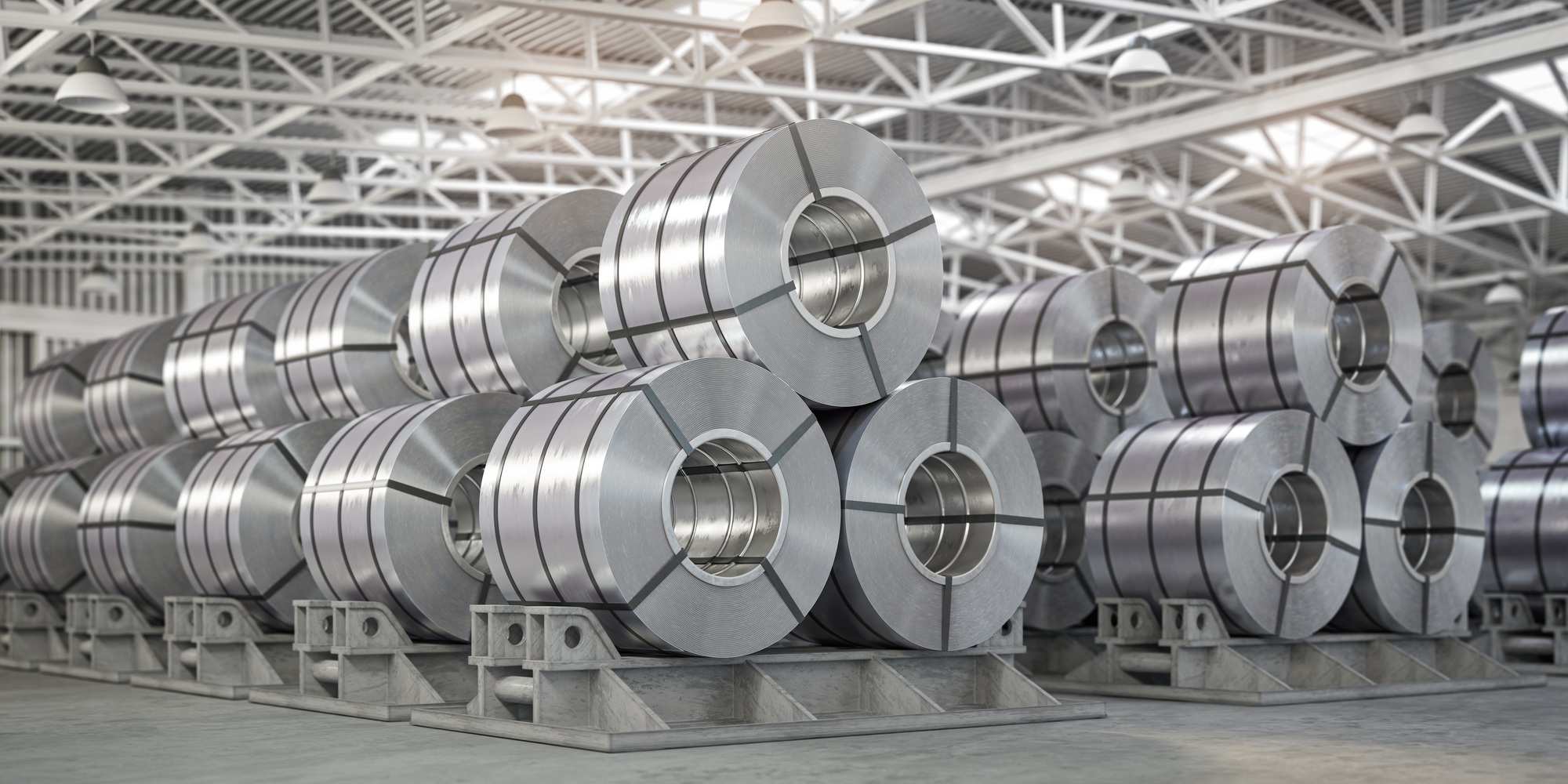Aluminium Fabrication

Aluminium fabrication is the process of cutting, shaping, and extruding aluminum into a finished product. Compared to other types of metal, aluminum is a popular choice for fabrication because it is lightweight, corrosion resistant, strong, non-sparking, and non-magnetic.
Aluminium is also an easy metal to work with thanks to its comparative softness, corrosion resistance, and recyclability. Its non-toxicity has made it a popular choice for food preparation machinery, and its reflective and non-combustive properties have also cemented its place in lighting.
ADVANTAGES OF ALUMINIUM FABRICATION
As a metal, aluminum offers a range of different advantages that make it a great choice for metal fabrication projects, such as
- Lightweight—Aluminium weighs a third of the weight of stainless steel and offers a higher strength-to-weight ratio.
- Easy to work with—Aluminium is soft, corrosion resistant, recyclable, and non-toxic.
- Cost effective—Aluminium is an affordable metal, making it ideal for both small scale and heavy industrial applications.
- Non-magnetic—Aluminium can be used in electrical applications where system components are sensitive to magnets.
Customizability—Aluminium can be fabricated into a wide range of different shapes and styles with varying finishes




